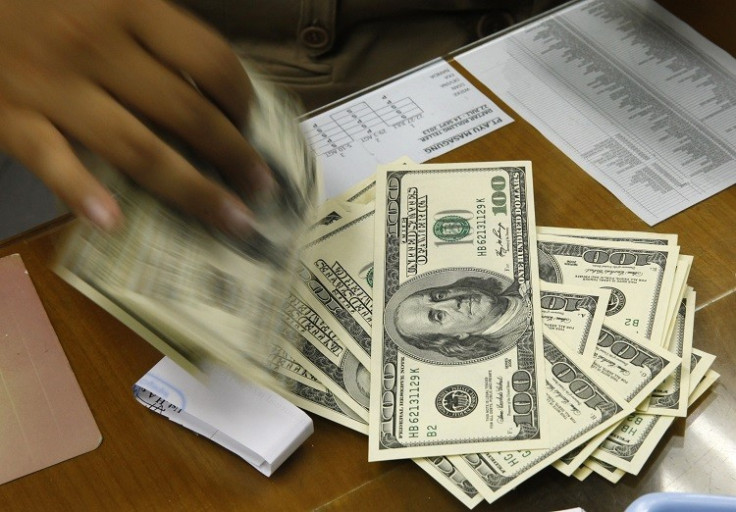Upbeat US GDP Data Brings Fed Reserve's Feared QE Tapering Closer

The US economy grew much faster than thought during the second quarter, bringing closer the prospect of a much-feared tapering of the Federal Reserve's $85bn a month bond-buying stimulus programme.
According to a second estimate of US GDP data by the Department of Commerce's Bureau of Economic Analysis (BEA), growth in the world's largest economy was 2.5% on an annual basis in the three months to the end of June, up from its initial estimate of 1.7%.
The revision was driven by an improving current account deficit, as exports were greater and imports were fewer than previously thought, narrowing the trade gap.
"The upward revision should give Fed officials more confidence that the recovery is gathering steam as the fiscal drag begins to fade," said Paul Ashworth, chief US Economist at Capital Economics.
"Under those circumstances, we still think the Fed will begin tapering its monthly asset purchases in September."
After the upwards GDP revision, US bond yields spiked to 2.82% from 2.77% the day before.
"The market will take (the data as a sign that) tapering would be more likely next month," Scott Brown, an economist at Raymond James in St. Petersburg, Florida, told Reuters.
A recovery from the financial crisis has been underway for some time in the US economy. Jobs have steadily been added, house prices are climbing again, and incomes are rising.
As a result of improving data, the US Federal Reserve, the country's central bank, has indicated it will consider cutting down the pace of its $85bn-a-month quantitative easing programme of asset purchases, including Treasuries and mortgage-backed securities.
Global markets are keenly watching to see when the taps will be turned off, with many still reliant on liquidity afforded by asset-purchasing QE programmes the world over.
Ben Bernanke, chairman of the Fed Reserve, and his monetary policymakers have kept tight-lipped about when QE will be tapered, but many analysts think it could happen before the end of 2013.
© Copyright IBTimes 2025. All rights reserved.






















